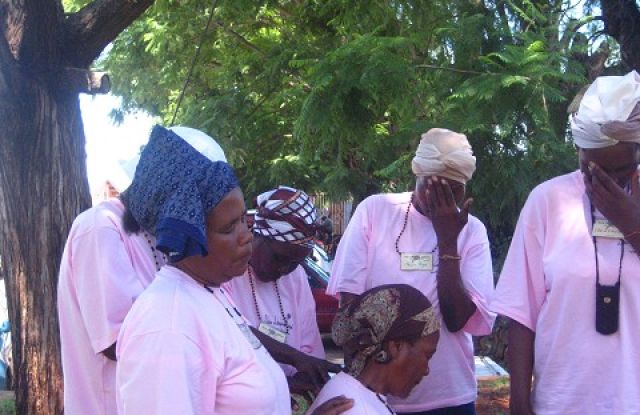Good Mourning: Learning to dance again

In Southern Africa where AIDS stalks the living and normal family life is rare, children cope by compartmentalizing. They don’t talk about those events that have forced pain and shame into their lives.
When some part of our life that we prize suffers a death, that piece of us that attached us to it may die as well. Often the pain of that death is so great that, just to cope, we feel we must enclose it in a kind of sarcophagus and deny that it ever lived.
Psychologists call this process “dissociation” and in its extreme state, it can result in schizophrenia as those pieces of ourselves that didn’t quite die live a kind of zombie-like existence.
The nuclear family crumbles and increasing numbers of children are forced to cope with abandonment and abuse, thus do we see the incidence of bipolar disorder rising. These days I see more and more of them on our mission teams.
Fortunately, God has put a repair mechanism in all of us – the process of mourning. We need to embrace Charlie Brown‘s favorite expression: “Good grief.” By grieving those pieces of our lives that have died, we recognize their importance as a part of our lives and say a proper goodbye to them.



Leave a Reply